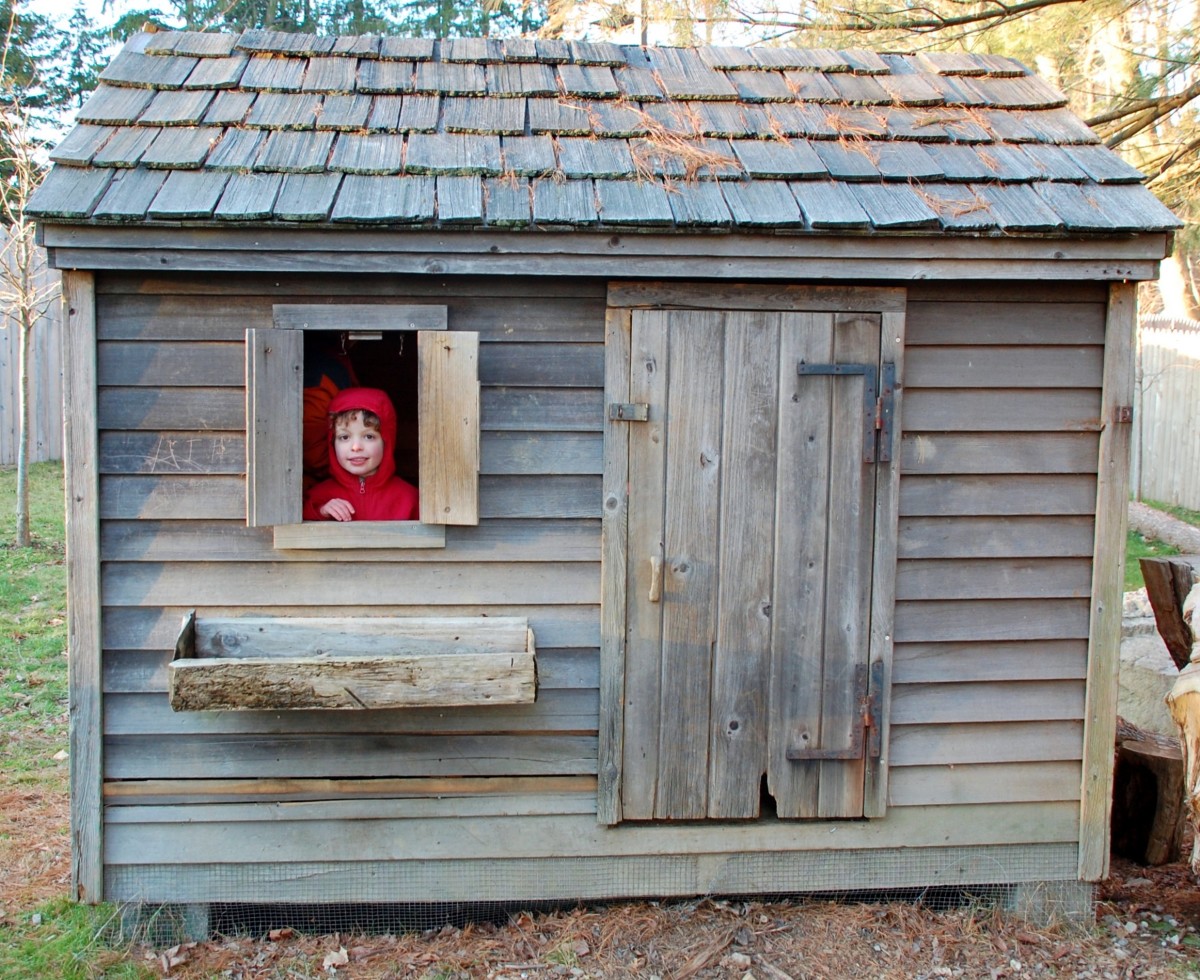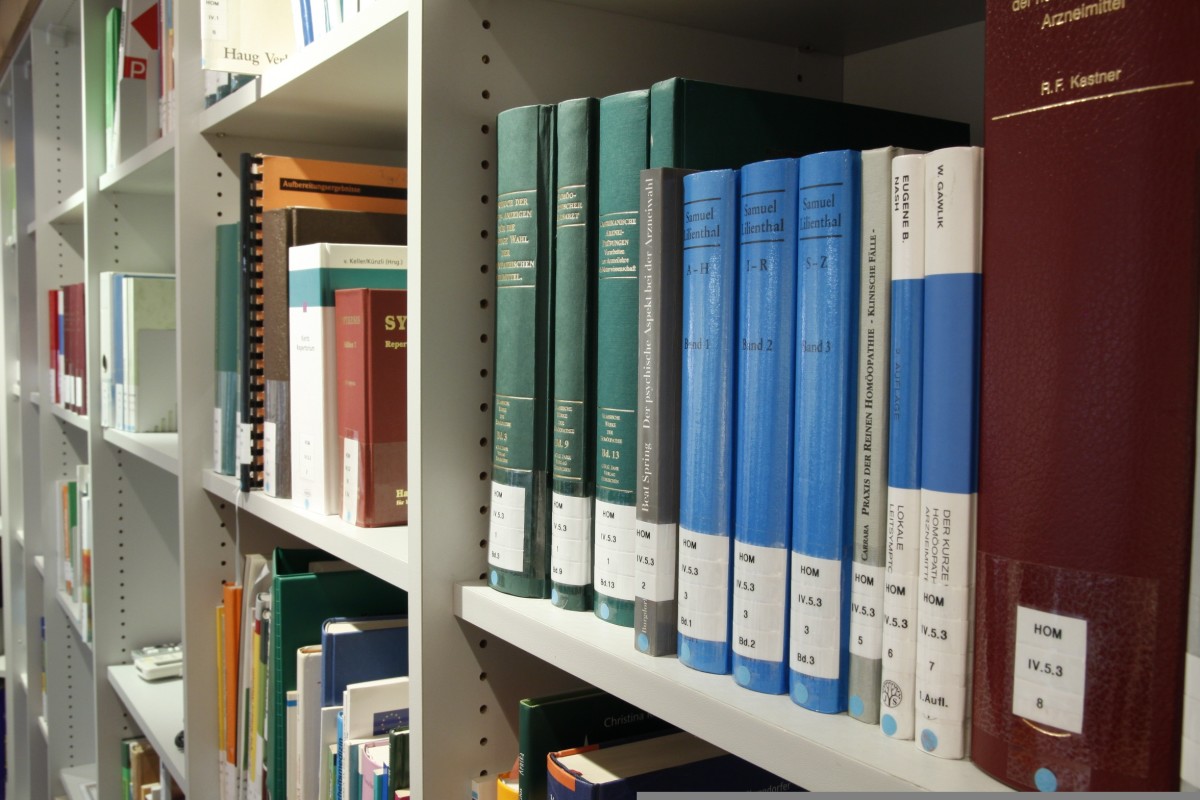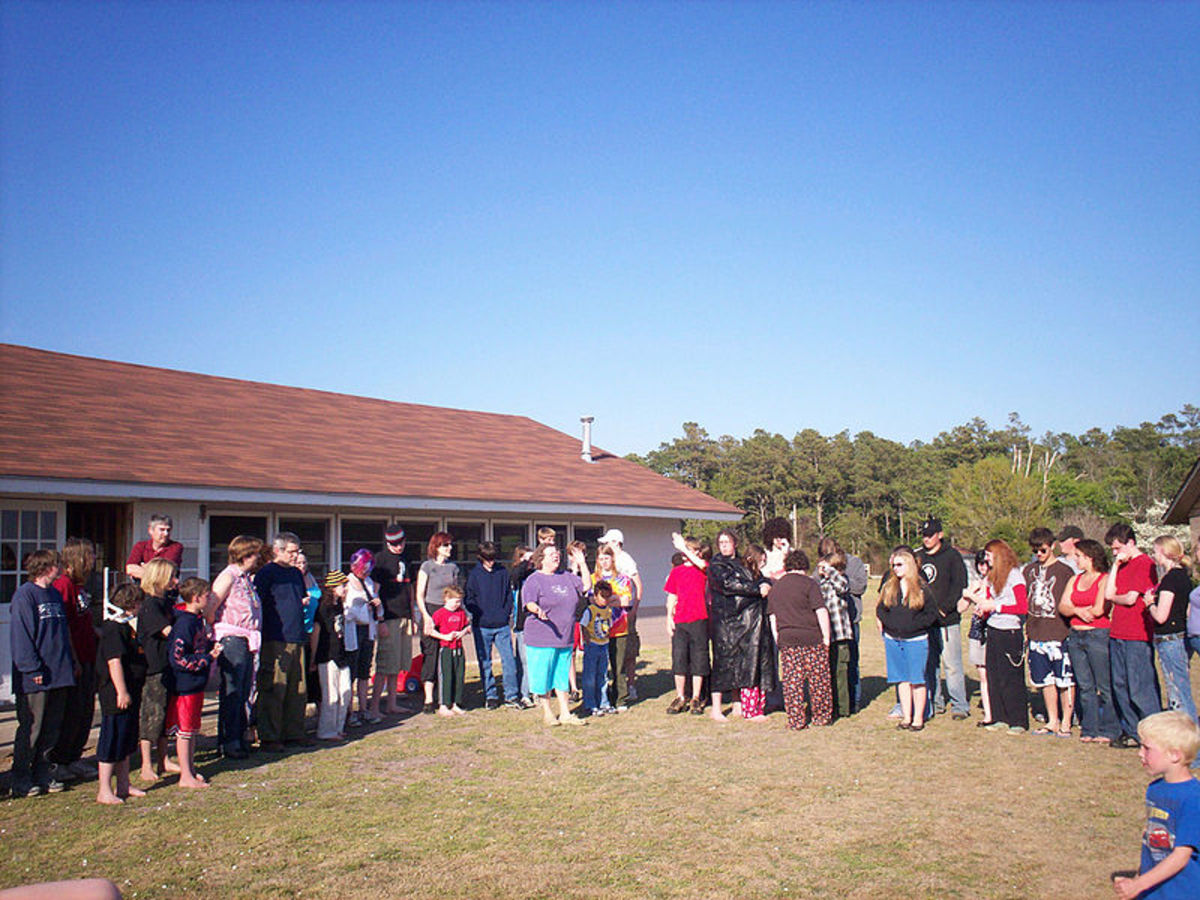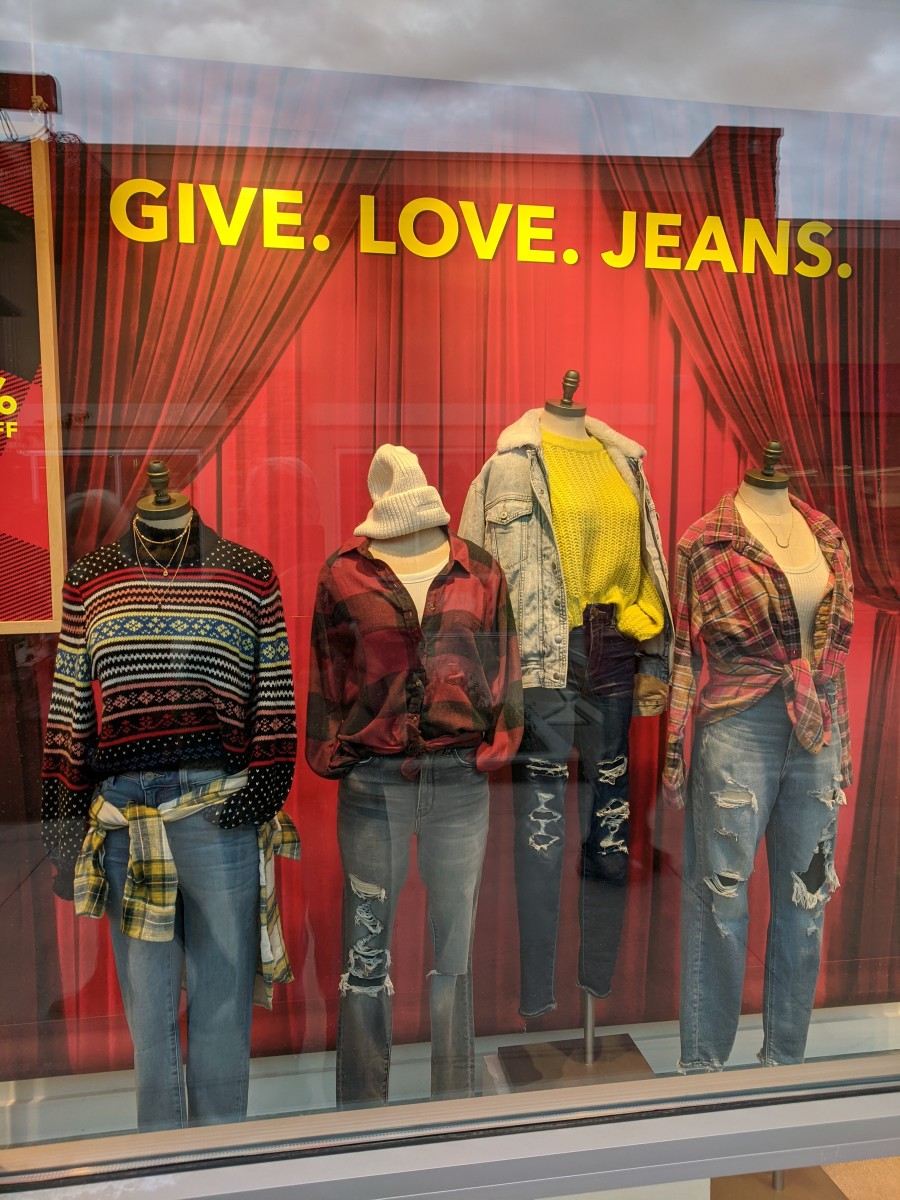The poor student in a United States classroom
Education and the poor child
Education in the United States is fair, right? Every child in the U.S. has the exact same educational opportunities available to them regardless of where they reside, right? What I mean by fair is that all children are given the exact same educational opportunities in the United States regardless of sex, color, religion, economic status, and social status, correct? Everyone wants to believe that education is fair in the U.S. It is my belief that education does discriminate against children who are poor. There are a multitude of reasons why I believe that our poor children are not being properly educated.
Children who come from poor households enter school with a strong disadvantage when compared to those children from more affluent households. What do children from poor households do all day? What do children from more affluent households do all day? There is no doubt that these questions can have many different answers. I am not certain about these answers either. My best guess would probably go something like this: poor children do not do brain stimulating activities while they are at home but the more affluent children constantly involve themselves with a variety of brain stimulating activities on a daily basis.
Enter into a household that is in poverty. Do you see any books for the children who live there? What kinds of food are these children eating? Are they consuming fresh vegetables, meats, and fruits everyday? What about contact or conversations with an adult over the age of 18? Do poor children have anyone in their home who will listen to their concerns? My best guess is that children living in a household that is in poverty do not have any books available for them to read. These children are probably also not eating fresh vegetables everyday either.
Enter into a household that is not in poverty. Which kinds of activities are the children who live there doing? Do you see books available to these children? Are these children eating vitamin rich foods? I would venture to say that the children living in a household that is not in poverty do have books available to read. These children are most likely eating foods rich in vitamins. The child from the household that is not living in poverty probably has someone in their home who listens to their concerns.
Let's talk for a minute about parental involvement in schools in the United States. How do poor children and rich children compare when it comes to the issue of parents volunteering in their child's school? How can a parent who has no vehicle drive to a school to volunteer? Two words: they can't. So, do poor parents volunteer in classrooms across America? I am sure that some do, however, I do believe that the more affluent parents are probably the ones that teachers will see in their classrooms helping. So, this leads me to another question: Are teachers biased against poor children? Do the teachers treat these kids differently than the richer kids?
For the most part teachers are middle class citizens. Their income levels are typically too high to qualify their children for a free lunch at school. However, this may not be the case for teachers who teach in the private school sector. Private school teachers are generally not paid as much as public school teachers.
Teachers must teach every child who is in their classroom. What happens to those children who just do not understand the concepts that are being taught in the classroom? Remember that one teacher can have the responsibility of teaching 30 students. The students who are not performing well in the regular classroom will often get placed into a special education classroom. The latest trend in special education is that of inclusion. Inclusion means placing students in a general education classroom but with some support from an aide or another school official.
When it comes to measuring which kids are poor and which ones are rich there are several factors that come into play. There are federal poverty guidelines that determine if a child is eligible to receive a free lunch at school. Yes, the school does know which children receive a free lunch. Teachers do have access to this information as well. Sometimes this information even "leaks" out to the student population.
Which students typically end up in trouble at school? The poor children or the rich children? All kids, whether rich or poor, will most likely be in some type of trouble during their school career. Conflicts between children are prevalent in schools all across America.








